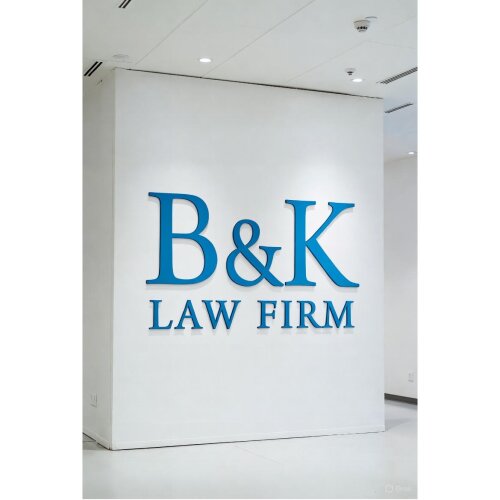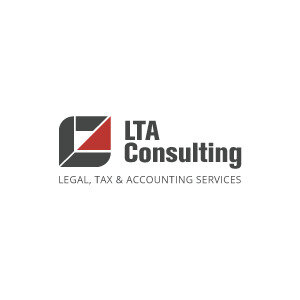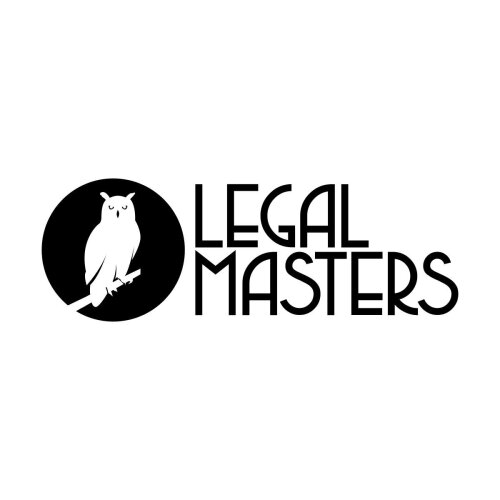Best Bankruptcy Lawyers in Bulgaria
Share your needs with us, get contacted by law firms.
Free. Takes 2 min.
Or refine your search by selecting a city:
List of the best lawyers in Bulgaria
About Bankruptcy Law in Bulgaria
Bankruptcy law in Bulgaria is designed to provide a structured framework for dealing with insolvent debtors, whether they are individuals or companies. The primary goal of the legislation is to manage the assets of the debtor in order to satisfy creditors to the maximum extent possible. Bankruptcy proceedings in Bulgaria are governed by the Commercial Act, which outlines the processes for declaring bankruptcy, restructuring, and the eventual liquidation of assets. The law aims to ensure an equitable distribution of the debtor's assets and offers mechanisms for both reorganizing viable businesses and liquidating those beyond recovery.
Why You May Need a Lawyer
There are numerous situations where expertise in bankruptcy law may be required. You might need a lawyer if:
- You are an individual or business facing insolvency and need to understand your rights and obligations.
- A creditor has filed a bankruptcy claim against you, and you must respond or dispute the claim.
- Your business is struggling financially, and you're seeking guidance on restructuring options.
- You need assistance navigating the legal processes involved in bankruptcy proceedings.
- You're a creditor seeking to recover funds from a debtor in bankruptcy.
- You want to ensure compliance with the complex requirements of Bulgarian bankruptcy laws.
- Expert negotiation is necessary during the bankruptcy process to reach settlements with creditors.
Local Laws Overview
Key aspects of bankruptcy laws in Bulgaria include:
- Commencement of Proceedings: Both debtors and creditors can initiate bankruptcy proceedings when insolvency is evident.
- Automatic Stay: Once bankruptcy is declared, an automatic stay is enforced, preventing creditors from taking unilateral actions to recover debts.
- Asset Management: A trustee is appointed by the court to manage the debtor's assets, assess claims, and administer the estate.
- Creditor Meetings: Creditors are called upon to participate in meetings to discuss the administration of assets and vote on reorganization plans if applicable.
- Reorganization vs. Liquidation: The law provides for both restructuring (reorganization) of a viable debtor and liquidation for non-viable debtors.
- Priority of Claims: The law defines the order in which claims are to be satisfied, giving precedence to secured creditors and specific legal obligations.
- Discharge of Debts: In certain cases, the debtor may be discharged from remaining debts after the execution of bankruptcy processes.
Frequently Asked Questions
What is the first step if I want to file for bankruptcy in Bulgaria?
The first step is to assess your financial situation with the help of a legal advisor or lawyer who can guide you on whether filing for bankruptcy is the best option.
Can individuals file for bankruptcy in Bulgaria?
Yes, both individuals and companies can file for bankruptcy if they are insolvent and unable to meet their financial obligations.
What are the consequences of filing for bankruptcy?
Consequences may include the liquidation of assets, potential loss of business operations, and effects on credit standing. Legal advice is crucial to understand the implications fully.
What options do I have besides declaring bankruptcy?
Alternatives can include negotiated settlements with creditors, restructuring existing debts, or seeking advice on available financial aid.
How long does the bankruptcy process take?
The duration varies depending on the complexity of the case and whether it involves reorganization or liquidation. Generally, the process may take several months to a few years.
Are there any debts that cannot be discharged in bankruptcy?
Certain debts, such as obligations to family law, alimony, and some taxes, typically cannot be discharged through bankruptcy proceedings.
Do I lose all my assets if I file for bankruptcy?
Not necessarily. Some assets may be exempt from liquidation, and possibilities for restructuring can be explored to preserve the business.
What happens to my employees if my business declares bankruptcy?
Employee claims, including outstanding wages, are given priority in the settlement process, but the specifics will depend on the bankruptcy outcome.
Can creditors challenge my bankruptcy filing?
Yes, creditors can challenge filings by presenting evidence to the court, especially if they believe the insolvency claim is not justified.
Is court involvement necessary in all bankruptcy proceedings?
Yes, the court oversees bankruptcy proceedings, ensuring legal compliance and fair treatment of all parties involved.
Additional Resources
For those seeking more information or direct assistance with bankruptcy matters in Bulgaria, consider the following:
- Bulgarian Ministry of Justice - Provides insights on legal processes, including bankruptcy.
- The Bulgarian Bar Association - Offers a directory of qualified legal professionals experienced in bankruptcy law.
- Bulgarian National Bank - Can provide financial data relevant to your situation.
- Local business associations - Often have resources or may recommend legal consultants.
Next Steps
If you believe you need legal assistance with a bankruptcy matter, consider taking these steps:
- Consult a bankruptcy lawyer to evaluate your financial situation and explore your options.
- Gather all relevant financial documents, including debts, assets, income, and expenditure records.
- Consider attending informational sessions or workshops on bankruptcy provided by local legal associations.
- Contact the Bulgarian Bar Association to find a list of qualified attorneys specializing in bankruptcy law.
- Initiate the process with your selected lawyer to assess all legal avenues available to you.
Lawzana helps you find the best lawyers and law firms in Bulgaria through a curated and pre-screened list of qualified legal professionals. Our platform offers rankings and detailed profiles of attorneys and law firms, allowing you to compare based on practice areas, including Bankruptcy, experience, and client feedback.
Each profile includes a description of the firm's areas of practice, client reviews, team members and partners, year of establishment, spoken languages, office locations, contact information, social media presence, and any published articles or resources. Most firms on our platform speak English and are experienced in both local and international legal matters.
Get a quote from top-rated law firms in Bulgaria — quickly, securely, and without unnecessary hassle.
Disclaimer:
The information provided on this page is for general informational purposes only and does not constitute legal advice. While we strive to ensure the accuracy and relevance of the content, legal information may change over time, and interpretations of the law can vary. You should always consult with a qualified legal professional for advice specific to your situation.
We disclaim all liability for actions taken or not taken based on the content of this page. If you believe any information is incorrect or outdated, please contact us, and we will review and update it where appropriate.
Browse bankruptcy law firms by city in Bulgaria
Refine your search by selecting a city.
















